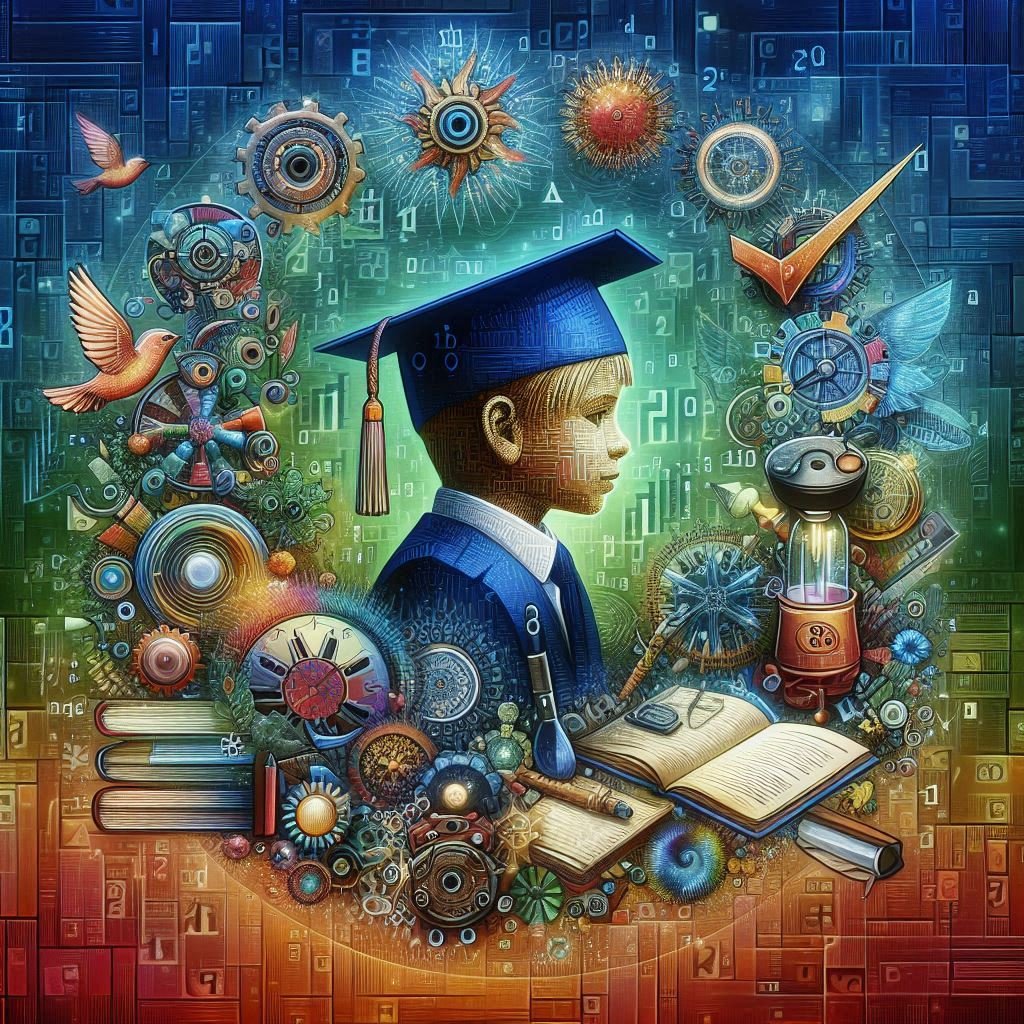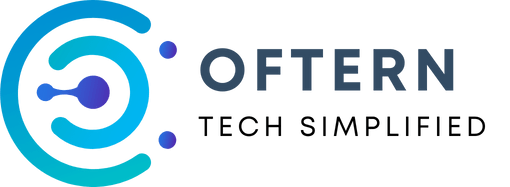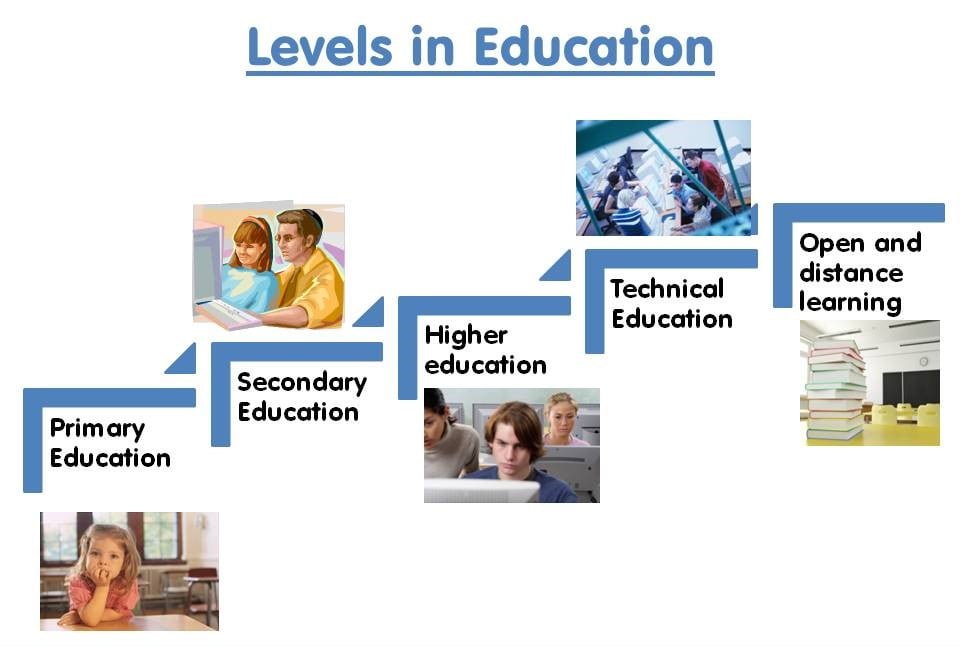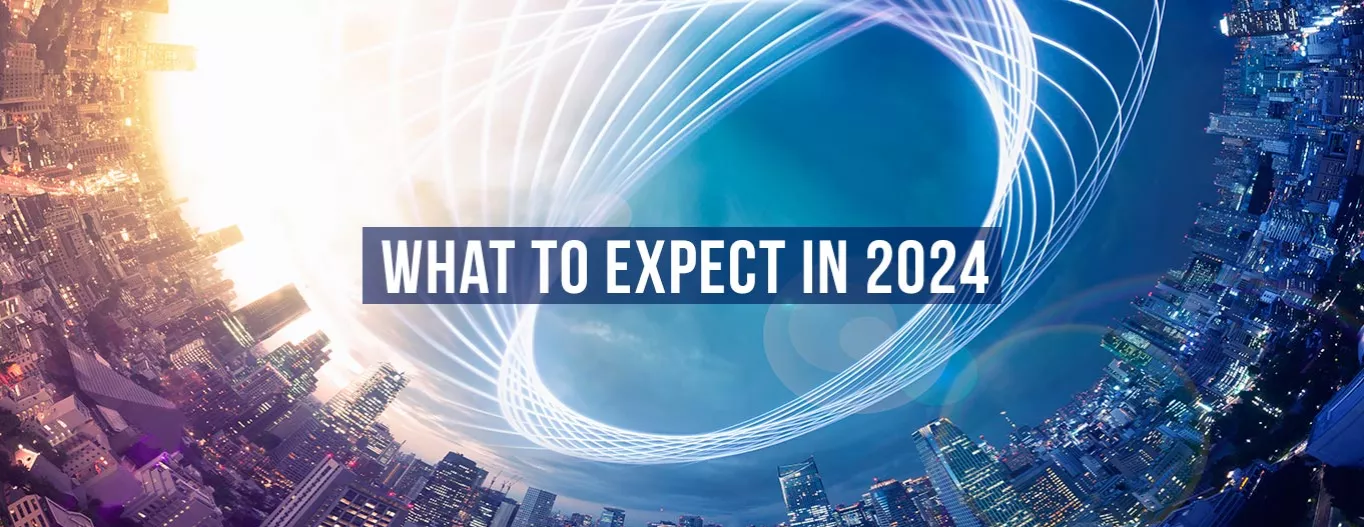Table of Contents
Education is the cornerstone of any modern society. As we head into 2024, understanding the various levels of education and their impact is crucial. Whether you’re a parent looking for the best path for your child, or an adult considering a return to school, knowing how education is structured helps you make informed decisions. So, what exactly are the different levels of education, and why should you care? Let’s explore!

What Are the Levels of Education?
Education levels refer to the different stages within the formal educational system. These stages range from early childhood learning to advanced university degrees. Education levels create a structured path that guides individuals from basic literacy to specialized expertise.
Pre-primary Education
Pre-primary education is the foundation upon which all other education is built. Often referred to as preschool, this level focuses on children aged 3 to 6 years. The purpose is to foster social, cognitive, and motor skills in a playful environment. In 2024, early childhood education is more emphasized due to growing research on its long-term benefits.
Primary Education
Primary education typically covers grades 1 to 5 (or ages 6 to 11). It forms the bedrock of a child’s academic journey. Subjects like reading, writing, mathematics, and science are introduced at this level, setting the stage for future learning. The key role of primary education is to build a strong educational foundation and develop basic life skills.
Secondary Education
Secondary education is divided into two main segments: lower secondary (middle school) and upper secondary (high school). This stage focuses on broadening students’ knowledge and preparing them for either higher education or entry into the workforce. With options like specialized courses and extracurricular activities, secondary education is vital for personal growth and career readiness.
Tertiary Education (Higher Education)
Tertiary education encompasses universities, colleges, and other institutions that provide higher learning. It’s at this level where students pursue bachelor’s, master’s, and doctoral degrees. In 2024, higher education is increasingly varied, with many opting for online courses, professional certificates, and part-time degrees to meet the evolving demands of the job market.
Vocational and Technical Education
Vocational and technical education is an alternative to the traditional academic path. It focuses on practical skills and training for specific trades like plumbing, carpentry, or nursing. In 2024, there’s a growing appreciation for vocational education as industries demand skilled professionals, especially in technical fields.
Online and Distance Learning
Thanks to advances in technology, online and distance learning have surged in popularity. Platforms like Coursera, edX, and Udemy offer accessible education to millions globally. In 2024, e-learning is a major game-changer, allowing learners to study at their own pace, from anywhere in the world, without the constraints of traditional classroom settings.
More Related: Fabulous Definition: Understanding “Often” with Confidence
Lifelong Learning
Lifelong learning refers to the continuous pursuit of knowledge throughout one’s life. This could mean taking up a new language, learning a hobby, or enrolling in professional development courses. The dynamic nature of today’s job market makes lifelong learning essential in keeping up with industry trends and maintaining professional relevance.
Special Education
Special education is designed for students with unique learning needs. This includes children with physical disabilities, learning disabilities, or other developmental challenges. In 2024, there is more focus on inclusive education, ensuring all children receive personalized attention tailored to their abilities.
Formal vs. Informal Education
While formal education occurs in schools and universities, informal education happens through life experiences, self-study, and non-traditional learning environments. Both play crucial roles in shaping a well-rounded individual. In 2024, the blend of formal and informal education is helping people develop a wider skill set.
The Role of Governments in Education
Governments play a pivotal role in shaping education policies. They determine the structure of education systems, ensure access to public schooling, and set national curricula. In 2024, government policies continue to evolve, focusing on improving access to quality education for all, especially in underserved areas.
Challenges Facing Education in 2024
Despite advancements, challenges remain in the education sector. Educational inequality, access to resources in rural areas, and the high cost of higher education continue to be pressing issues. Solutions like increased funding for public schools and expanding online learning opportunities are being discussed.
The Future of Education
Looking ahead, technology will continue to redefine education. Virtual reality (VR) classrooms, AI-driven personalized learning, and blockchain for academic credentials are just a few trends expected to revolutionize learning in 2024 and beyond.
Conclusion
In summary, education is more diverse and accessible than ever. From preschool to vocational training and beyond, understanding the different levels of education allows individuals to navigate their learning journey effectively. As the world evolves, so does the landscape of education, providing countless opportunities for growth.
FAQs
1. What is the Highest Level of Education?
The highest level is a doctoral degree (PhD), which signifies mastery in a specific field of study.
2. How Has Education Changed in 2024?
Education in 2024 has become more tech-driven, with online learning, AI, and virtual classrooms playing significant roles.
3. What is the Role of Technology in Modern Education?
Technology enhances accessibility, offers personalized learning, and provides new ways of teaching through tools like VR and AI.
4. Can Vocational Education be Considered Higher Education?
Yes, vocational education can be equivalent to tertiary education when it involves specialized, advanced training.
5. Why is Lifelong Learning Essential in the 21st Century?
The fast-changing job market requires individuals to continuously upskill to stay relevant in their careers.






